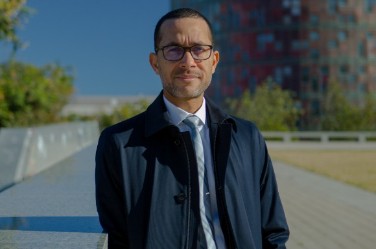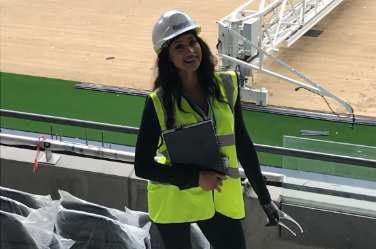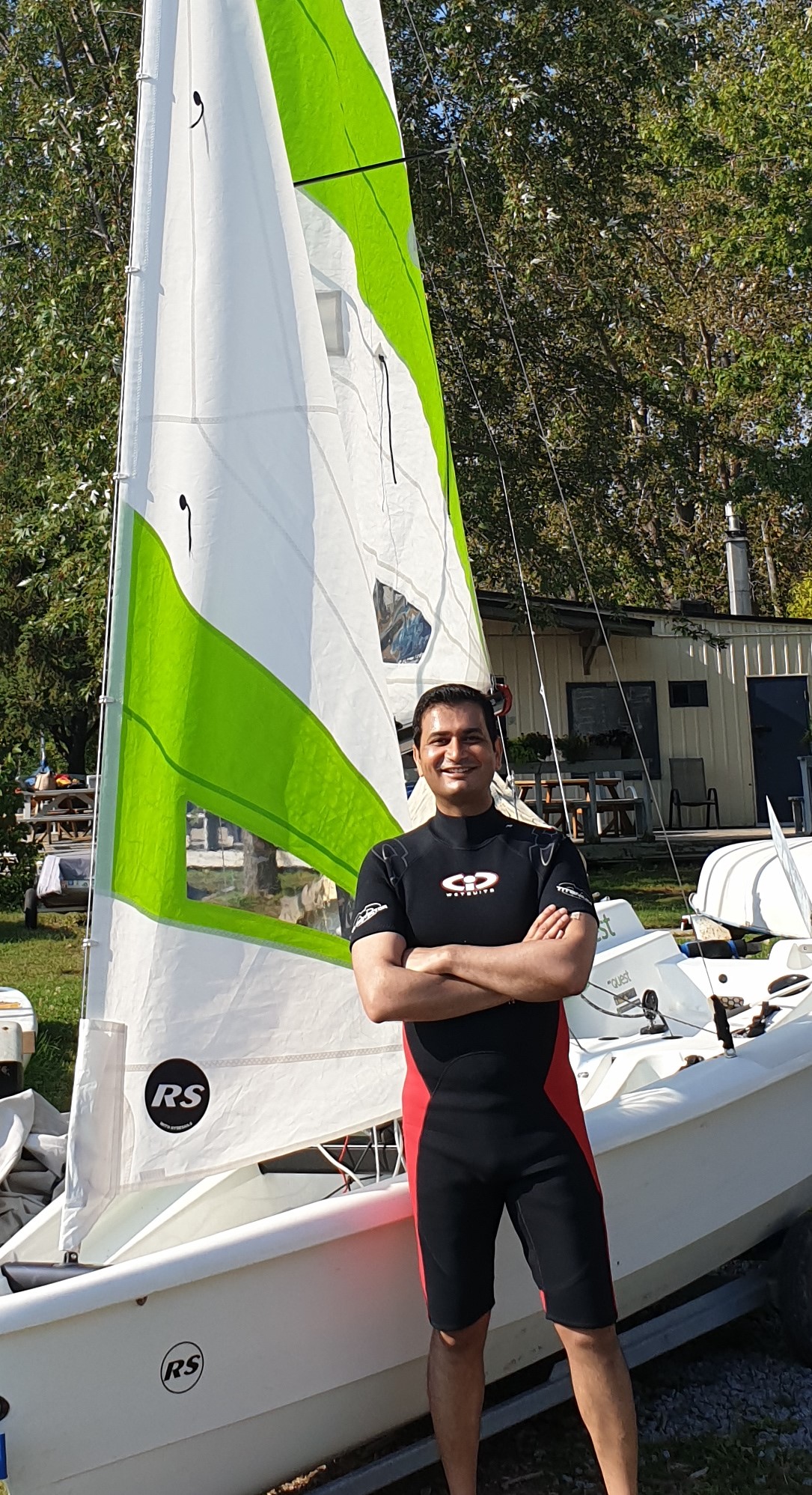What is the culture like?
Systech has a very open-door culture and the management always has time for you.
How has working for Systech helped you achieve your career goals?
As part of my RICS Expert Witness practical course training, I was cross examined by a barrister on my Expert Witness Report submission. The barrister on viewing my CV stated that I had, “impeccable credentials and an impressive list of project experience”.
I successfully completed the course to qualify as a RICS Registered Expert Witness.
What makes working for Systech different from the competition?
At Systech you have more exposure and gain more experience in different disciplines of the construction industry both in the UK and internationally. In my time with Systech I have worked on the London Underground, national rail networks, hospitals, highways, airports, bridges, tunnels and the London Olympic Stadium. I am now working in Canada on a rail project.
What has been your greatest achievement been working for Systech?
Successfully completing my RICS chartership and MSc along with becoming a RICS Registered Expert Witness.
At Systech my role has successfully transitioned internationally, I now apply my skills and expertise in Canada.
Tell us about a project where you have learnt a key lesson?
I worked on a project where there was a complete disconnect between commercial management and site management, with no clear correlation between monthly commercial reports and monthly site progress reports, to identify site progress, calculate cost to complete or capture project change. Subcontract management had completely failed, to the extent that monthly on account payments were being paid that could not be reconciled with works on site.
My analysis identified that whilst each department had its own commercial monthly reporting processes, they were not aligned.
I realised I had to act quickly to resolve the situation before it escalated completely out of control. Plan verses actual progress reporting linked to the baseline programme, rigorous change control and the introduction of an integrated cost reporting system were key as was the improved communication across the project.




